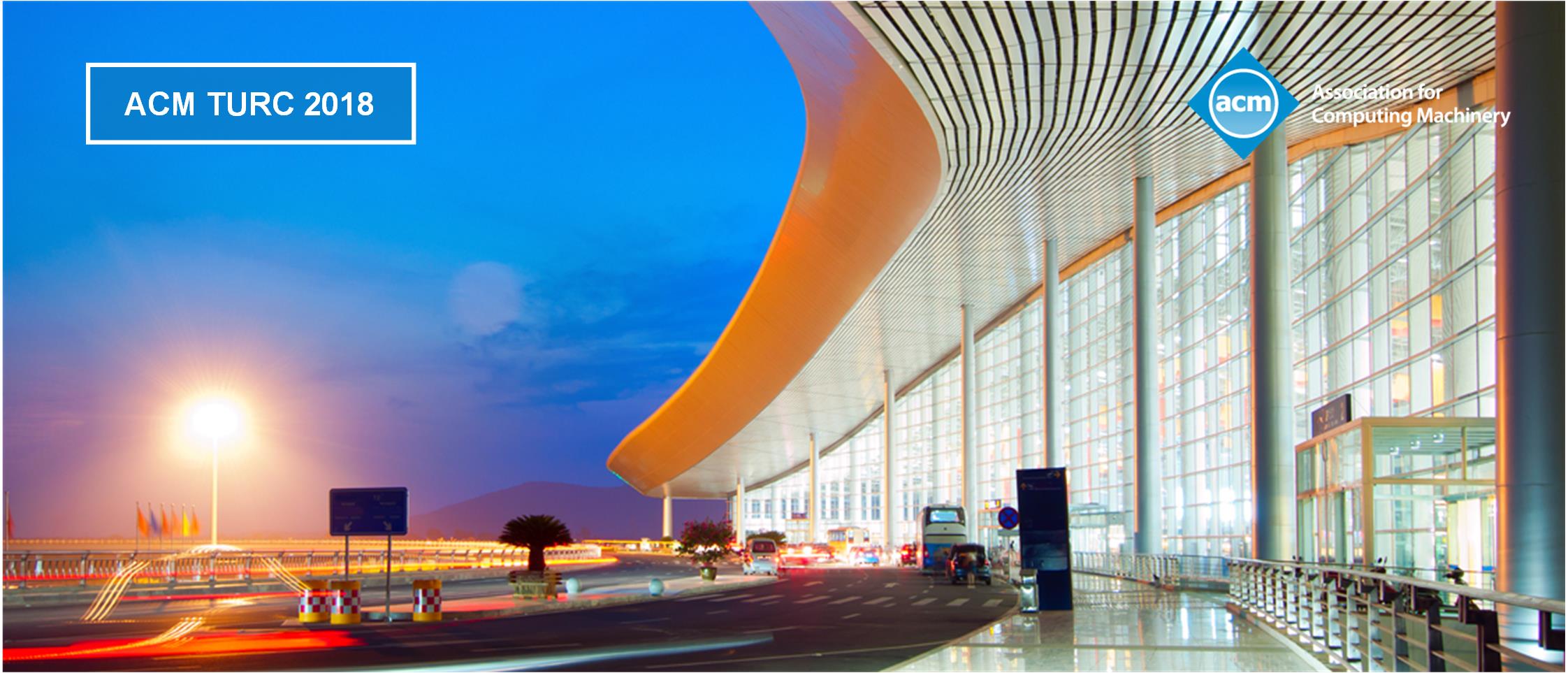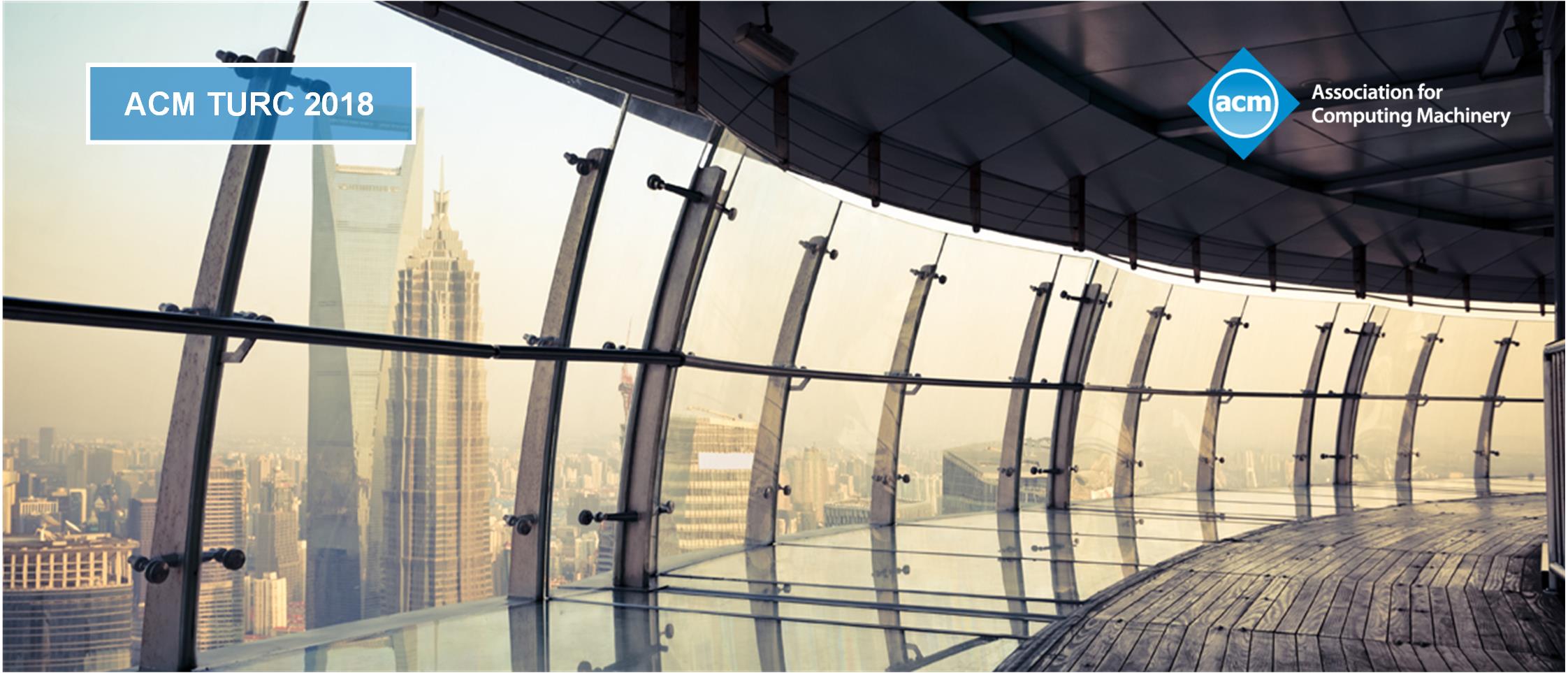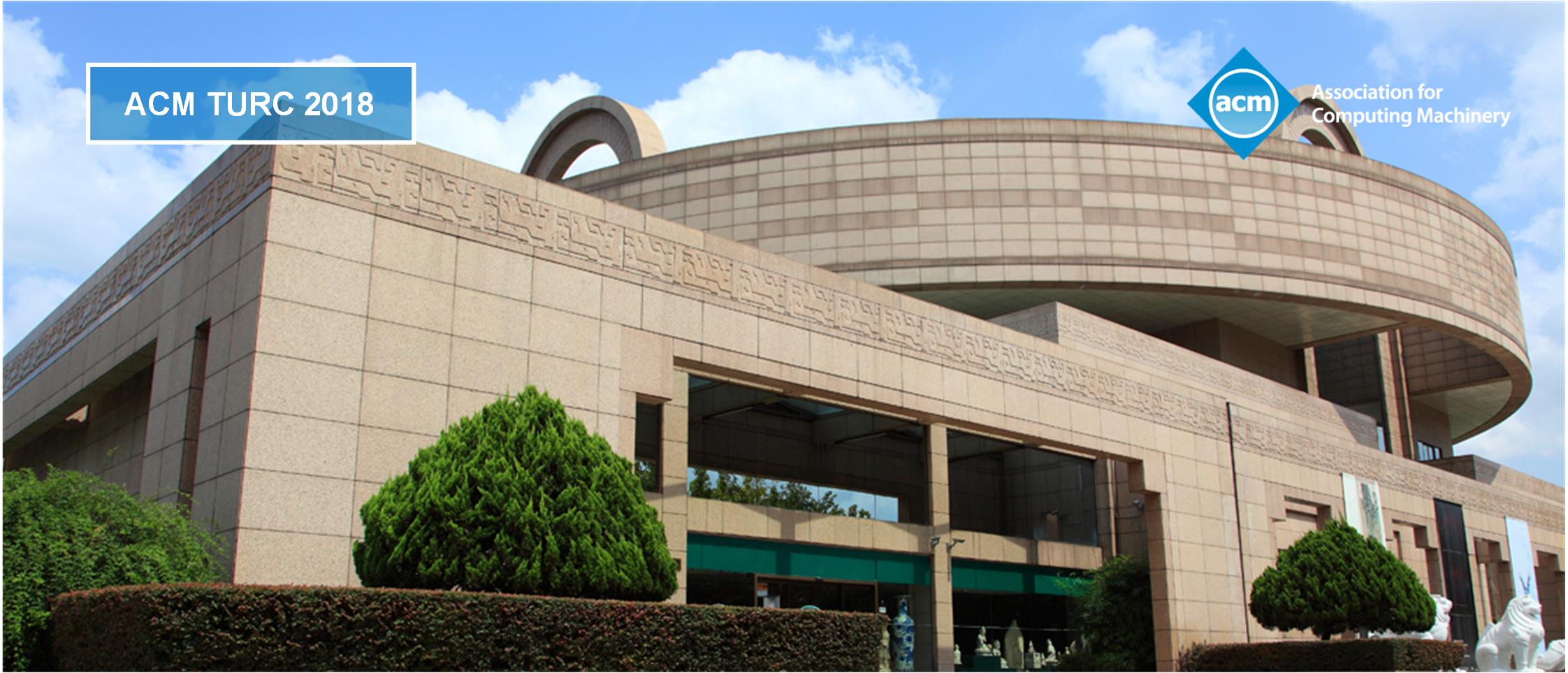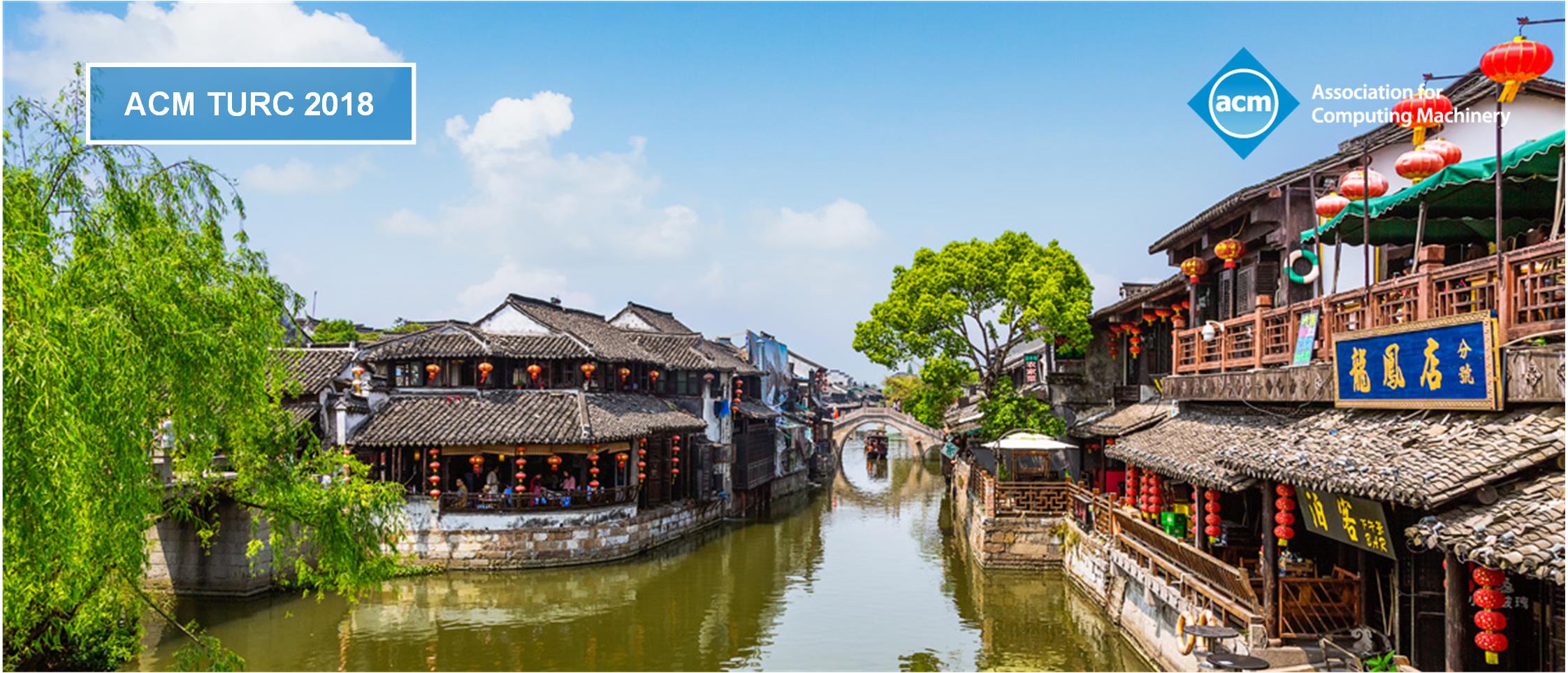The ACM TURC 2018 (SIGCSE China) conference is a new leading international forum at the intersection of computer science and the learning sciences, seeking to improve practice and theories of CS education. ACM TURC 2018 (SIGCSE China) will be held in Shanghai, China, May 19-20, 2018. We invite colleagues from around the world to contribute to, review for, and attend ACM TURC 2018 (SIGCSE China). We encourage you to share your new ideas for computing syllabi, laboratories, teaching, pedagogy, and education research.
The ACM TURC 2018 (SIGCSE China) theme “CS for More” highlights our goal to engage More Chinese educators to create new ideas on how to teach, empower and energize their students. This is also to boost More collaboration of CS education in China and worldwide. The submission Web page for SIGCSE China 2018 is https://easychair.org/conferences/?conf=sigcsechina2018
Program
2018-05-19: Conference Room 2#
Keynote Speech 1 |
|
13:30-14:00 |
Amber Settle, De Paul University, SIGCSE Chair |
Keynote Speech 2 |
|
14:00-14:30 |
Alison Clear, Estern Institute of Technology, CC2020 Chair |
Panel 1 |
|
14:30-15:00 |
Shuang Zhou, Hui Yan, John Impagliazzo and Ming Zhang |
Research Track Session 1 15:10-16:30 Juan Chen, Parallel Programming Course Development based on Parallel Computational Thinking Xiaobin Zhang, Design and Practice of Arduino Experiments for "E&I" Oriented Education Kun Ma, Outcome-based School-Enterprise Cooperative Software Engineering Training Yanyan Jiang, Needle: Detecting Code Plagiarism on Student Submissions Zhiyao Niu, Exploring Causes for the Dropout on Massive Open Online Courses Qiang Liu, Evaluating the Effectiveness of Situational Case-Based Teaching: A View of Concept Mapping Wenju Zhou, The Framework of a New Online Judge System for Programming Education
|
|
Panel 2 |
|
16:40-17:30 |
Amber Settle, Alison Clear, John Impagliazzo, Bo Yang, Juan Chen and Ming Zhang |
2018-05-20: Conference Room 2#
Keynote Speech 3 |
|
13:30-14:00 |
Qinghua Zheng, Vice-chancellor of Xi’an Jiaotong University AI Driving Intelligent Teaching and Learning |
Keynote Speech 4 |
|
14:00-14:30 |
John Impagliazzo, Hofstra University |
Panel 3 |
|
14:40-15:40 |
John Impagliazzo, Weiqing Tang, Xi Wu, Juan Chen and Junlin Lu Abet Accreditation |
Research Track Session 2 Qi Qi, Temporal Models for Personalized Grade Prediction in Massive Open Online Courses Laiquan Han, Intelligent Knowledge Recommendation Algorithm Research and Practice Li Shen, Design of Paper CPU Project to Improve Student Understanding of CPU Working Principle Bin Xu, Self-paced Learning with Identification Refinement for SPOC Student Grading Ming Zhang, Ada Workshop: Study and Practice on Improving Gender Diversity in Computer Science Industry Shumin Shi, The Construction and Practice of Integration Cultivation Mechanism for Innovative Talents in CS Discipline Jiaqi Xin, Integration of Ethics Issues into Software Engineering Management Education Xiaoxin Wang, Utilizing Knowledge Graph and Student Testing Behavior Data for Personalized Exercise Recommendation Qiong Chen, An Application of Online Exam in Discrete Mathematics Course |
|
Keynotes
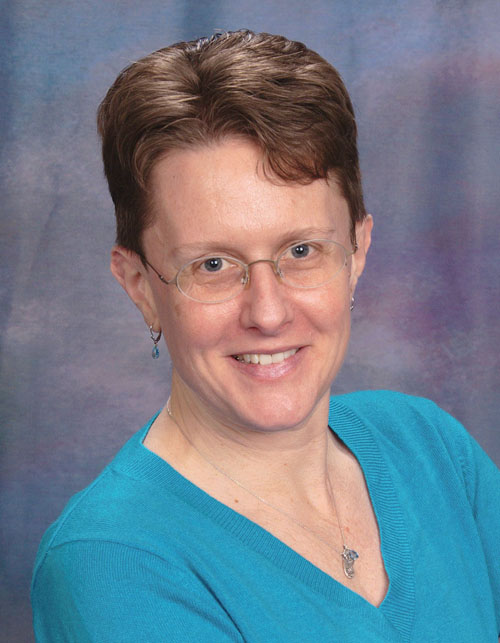 |
Amber Settle (De Paul University ) |
|
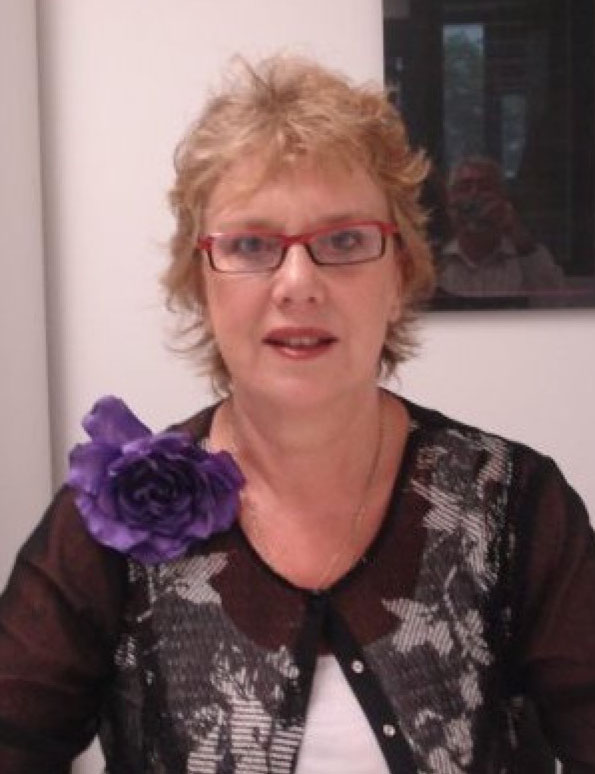 |
Alison Clear (Estern Institute of Technology) |
|
 |
John Impagliazzo (Hofstra University) |
|
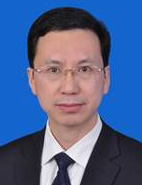 |
Qinghua Zheng (Xi’an Jiaotong University) |
Organization
PC Co-Chairs
Juan Chen (National University of Defense Technology)
Junlin Lu (Peking University)
Publication Chair
Junlin Lu (Peking University)
PC Members
Ming Zhang (Peking University)
Bo Yang (Linyi University)
Weidong Liu (Tsinghua University)
Wenzhi Chen (Zhejiang University)
Wenjun Wu (Beihang University)
Xiaoqiu Shi (Wenzhou University)
Hongbo Jiang (Huazhong University of Science and Technology)
Wei Dong (National University of Defense Technology)
Fei Han (Higher Education Press)
Tian Song (Beijing Institute of Technology)
Yanchun Sun (Peking University)
Lin Wang (University of Jinan)
Hongzhi Wang (Harbin Institute of Technology)
Sheng Xiao (Hunan University)
Chunfeng Yuan (Nanjing University)
Li Zhang (China Agricultural University)
Yu Zhang (University of Science and Technology of China)
Jumin Zhao (Taiyuan University of Technology)
Xi Wu (Chengdu University of Information Technology)
Hong Yu (Dalian Ocean University)
Jianguo Wei (Tianjin University)

